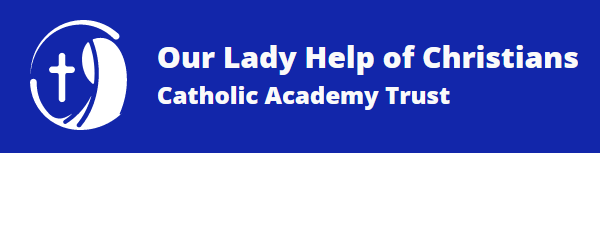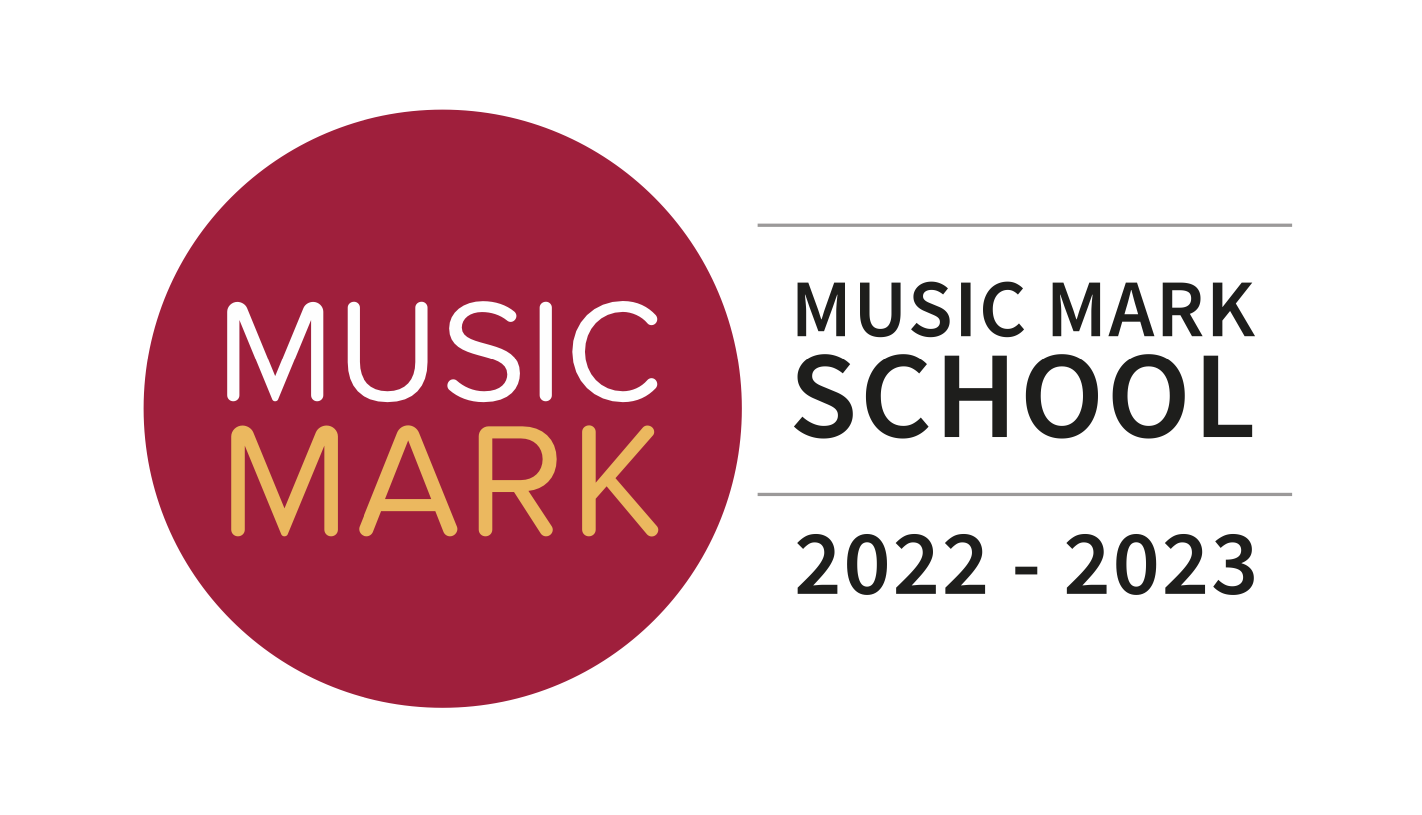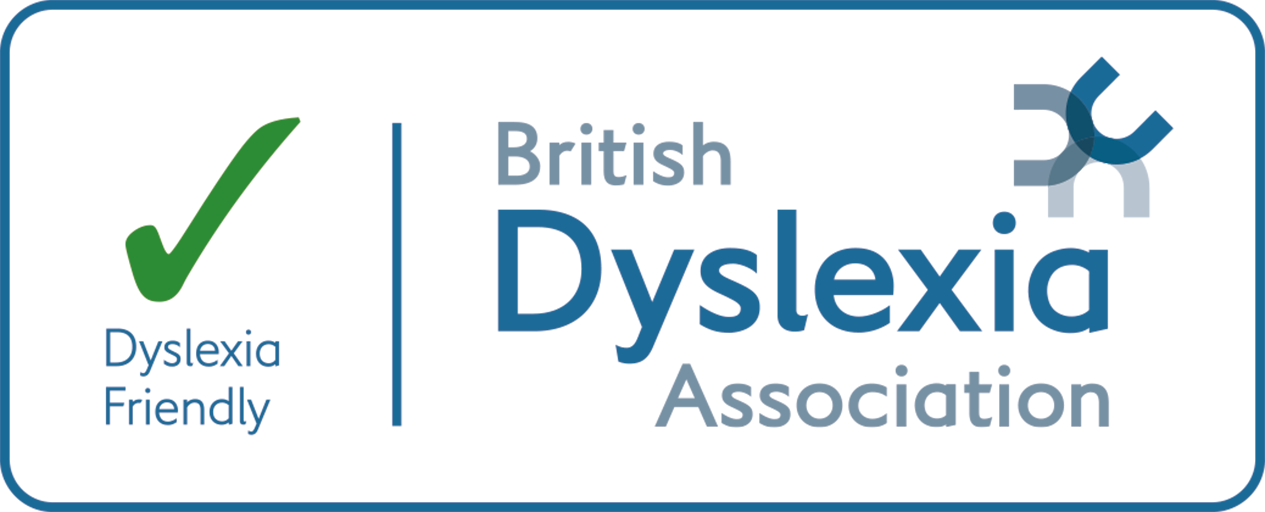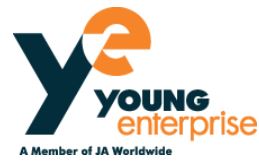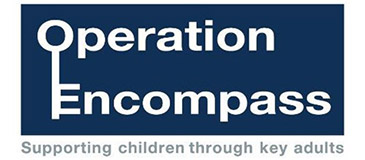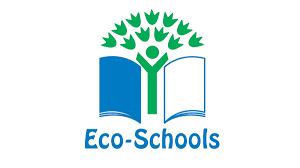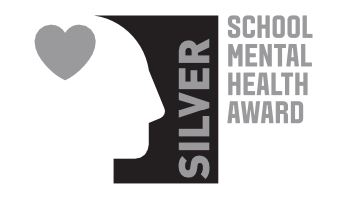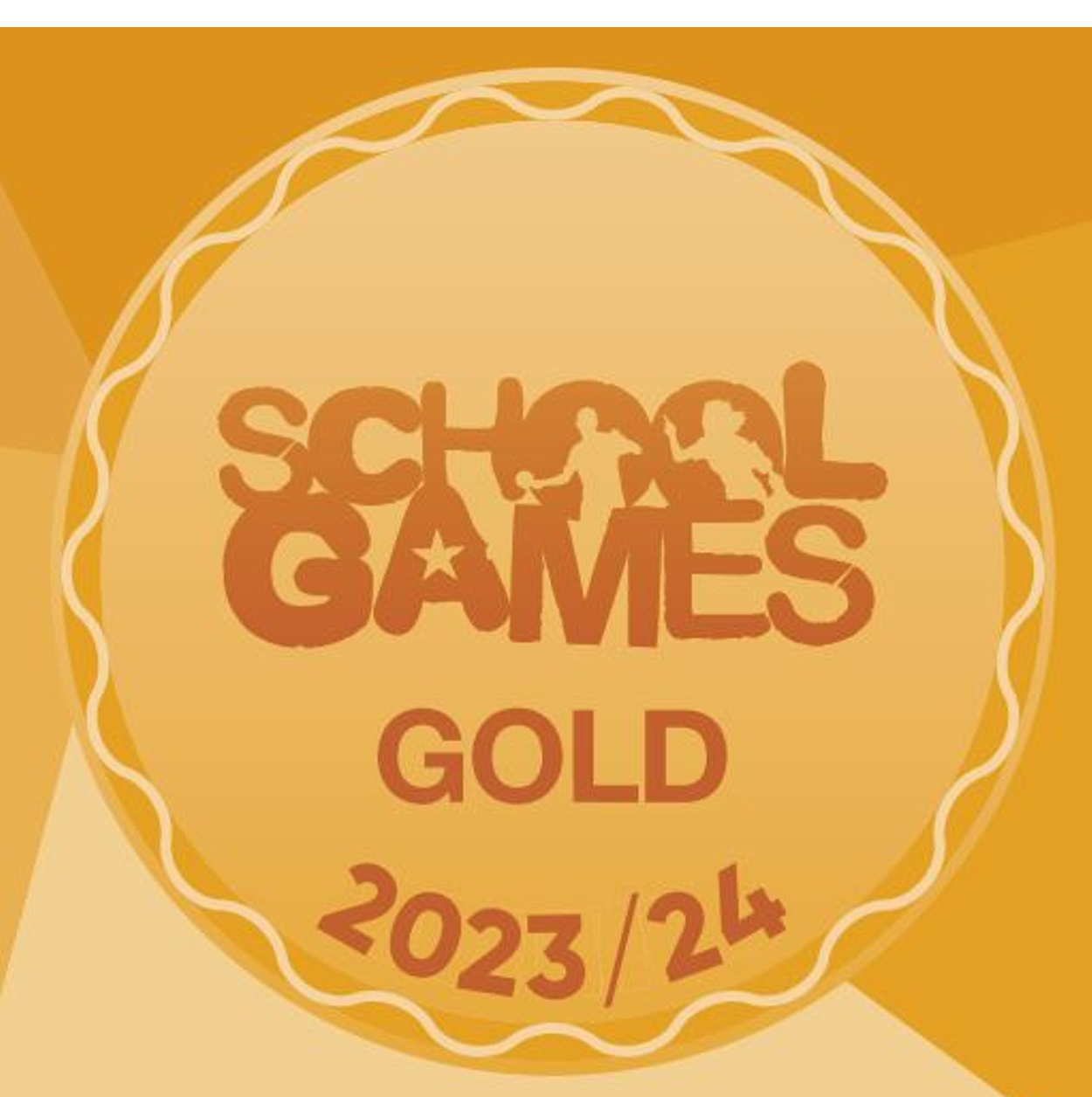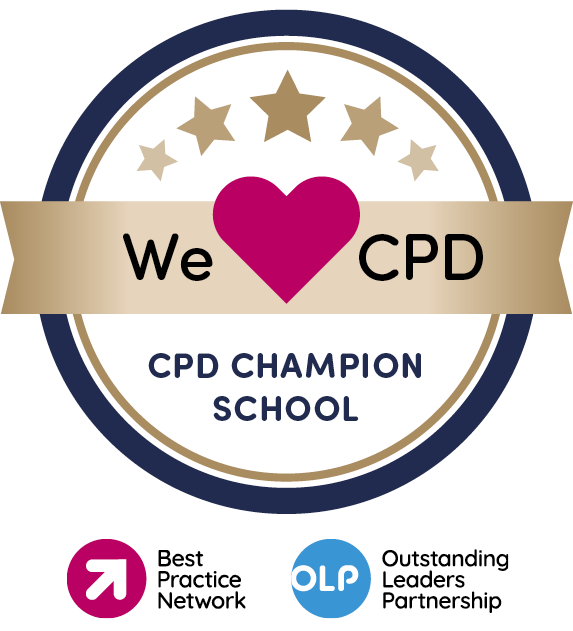PE
Department Intent Statement
Physical Education at Ellesmere Port Catholic High School provides young people with a broad and ambitious curriculum. It allows pupils to succeed and experience rich skills that prepare them for lifelong participation, in physical activity and sport. The study of PE as a subject prepares pupils to develop their physical, social, and emotional well-being, which in turn prepares them for future learning and employment. PE allows pupils to gain leadership skills, be part of a team, develop a lifelong love of physical activity as well as experience a variety of opportunities and experience through sport, whether it is competitive or at a recreational level. Pupils will build character in the subject PE and learn values such as fairness and respect.
As a department, we will expose our pupils to the vast array of sports taught across the national curriculum for PE and provide pupils with the knowledge and experience to take on leadership roles within the learning process. Pupils in PE learn collaboration skills which develops their ability to work well with others and solve challenges, as well as the ability to be open-minded and see the viewpoints of others. Our curriculum is broad, balanced, challenging and fast-paced. We aim to equip students with all the skills they need to achieve their potential in all lessons we teach; to be highly employable and dedicated lifelong learners and participators in physical activity. Most importantly of all, as a department we aim to inspire all children and for each child to fulfil their potential and experience PE as a subject to be motivating, positive and for it to enable pupils to become physically confident and to continue it in later life.
Key Stage 3 Intent Statement
The Key Stage 3 curriculum intends to prepare students for the future by equipping them with the knowledge to lead a physically and mentally healthy and active lifestyle. At KS3, we provide our pupils with a broad and balanced curriculum which develops depth of not only a range of physical activities, but also challenging opportunities to understand the exercise physiology and psychology behind performers in sport.
The activities we offer at the EPCHS range from the traditional sports such as, Football, Rugby, Netball and Basketball as well as individual sports, including OAA, Badminton, Dance and Gymnastics.
The PE Department sets out to ensure that the PE curriculum at KS3 will engage, inspire and motivate pupils, securing the knowledge and skills taught to them over the 3 years at KS3. We also wish to prepare students for the skills required at GCSE. Consequently, the structure of the curriculum has been designed so that there is clear progress from one year to the next. Each year, the units build on the knowledge and understanding gained in the previous year. The intention is that by the time our students reach year 10, they have gained a deep body of knowledge of both the benefits of Physical Activity but also the knowledge of the sports that are taught in the curriculum. It will help them develop the language and knowledge that will enable them to access the GCSE PE courses with confidence.
Key Stage 4 Intent Statement
The Key Stage 4 curriculum is intended to build on from the KS3 curriculum and provides pupils to further experience tactics and strategies through a series of condition and competitive games. It further provides pupils with the opportunity to attend extra-curricular activities and represent the school. Celebrating successes and manage the challenges of defeat. At KS4 the curriculum looks at tactics, strategies and implementing skills learnt to a broad range of sporting situations in more depth as the pupils have already developed the fundamental learning skills at KS3 to carry on through to KS4 level of learning. The learning also looks at how can pupils lead a healthy active lifestyle both now and in the future. The lessons that are taught are practical, progressive, and differentiated. They will be challenging whilst supporting the needs of all students.
The curriculum will ultimately support pupils in their future commitment to physical activity and help pupils who have chosen this as an option at GCSEs and more importantly enable them to be ready for employment and adult life.
VCERT Health & Fitness: (Yr. 10 & 11)
This unit provides learners with the underpinning knowledge and understanding required for health and fitness. Learners will develop their knowledge and understanding of the structure and function of key body systems. Learners will know and understand the short- and long-term effects that health and fitness activities can have on the body. Learners will know and understand the components of fitness and the principles of training.
GCSE PE: (Yr. 10 & 11)
On the GCSE PE course you will cover 6 main theory units. In Component One you will look at Anatomy and Physiology, Movement Analysis and Physical Training. In Component Two you will cover Health, Fitness and Well-being, Sport Psychology and Socio-cultural influences.
Key Stage 5 Intent Statement
A-Level PE: (Yr. 12)
Anatomy & Physology:
Students should develop knowledge and understanding of the changes within the body systems prior to exercise, during exercise of differing intensities and during recovery. Students should be able to interpret data and graphs relating to changes within the musculo-skeletal, cardio-respiratory and neuro-muscular systems and the use of energy systems during different types of physical activity and sport, and the recovery process.
Skill Acquisition
This unit focuses on how skill is acquired and the impact of psychological factors on performance. Students should develop knowledge and understanding of the principles required to optimise learning of new, and the development of existing, skills in a range of physical activities. Students should be able to understand and interpret graphical representations associated with skill acquisition theories.
Sport & Society
Students should develop knowledge and understanding of the interaction between, and the evolution of, sport and society. Students should be able to understand, interpret and analyse data and graphs relating to participation in physical activity and sport. In this section, students develop an understanding of popular and rational recreation leading to the emergence of modern sport through to the globalisation of sport in the 21st century. Specifically students should understand the impact of the following social factors on the development of football, tennis and athletics.
A-Level PE: (Yr. 13)
Exercise Physiology and Biomechanical Movement
Students should understand the adaptations to the body systems through training or lifestyle, and how these changes affect the efficiency of those systems. Students should develop knowledge and understanding of motion and forces, and their relevance to performance in physical activity and sport. Students should have a knowledge and use of biomechanical definitions, equations, formulae, and units of measurement and demonstrate the ability to plot, label and interpret biomechanical graphs and diagrams.
Sport Psychology
In this section students will develop knowledge and understanding of the role of sport psychology in optimising performance in physical activity and sport. Students should be able to understand and interpret graphical representations associated with sport psychology theories.
Sport & Society and the role of technology in physical activity and sport
Students should develop knowledge and understanding of the interaction between, and the evolution of, sport and society and the technological developments in physical activity and sport.



